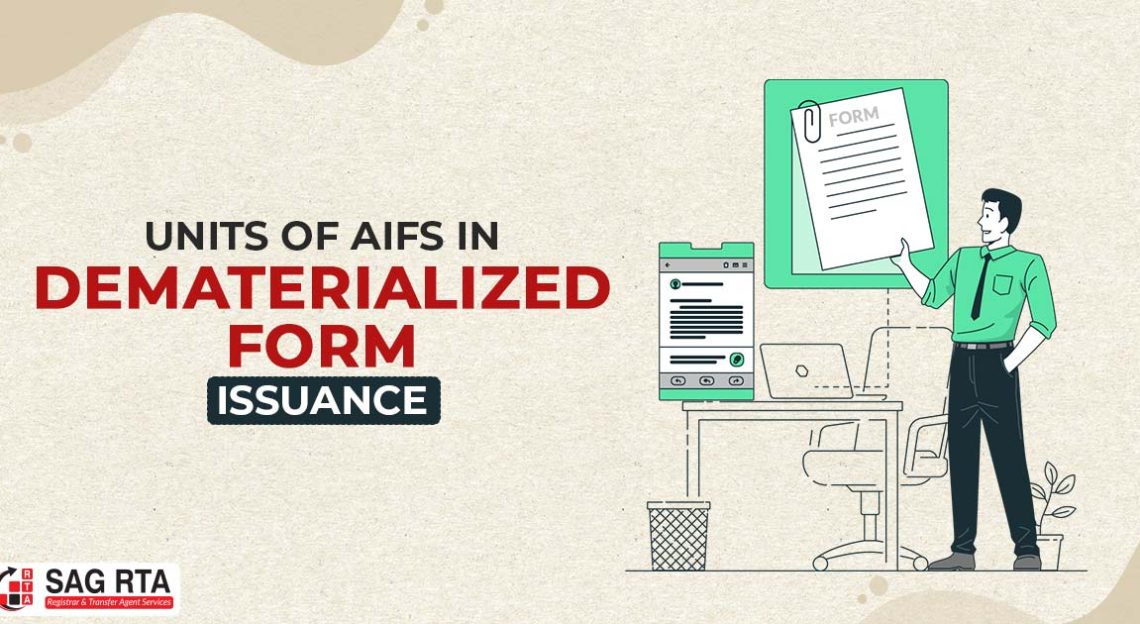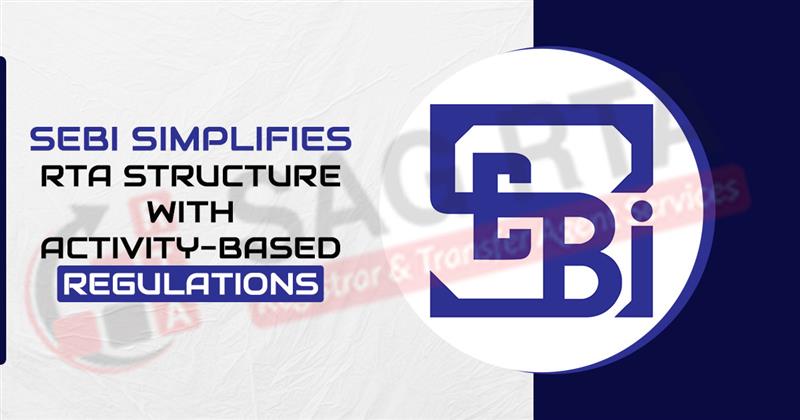In the recent past, the Securities and Exchange Board of India (SEBI) has advocated the transfer of physical share certificates into digital format to make the settlement process much faster, easier and hassle-free for the traders. SEBI has also urged the shareholders to transform their physical share certificates into electronic form to eliminate the fraud that is generally committed by share transfer agents while transferring shares in offline mode.
SEBI has tightened its grip in the capital market by setting a deadline of 1st April 2019 for shareholders to complete the migration process, arguing it will bring more transparency thanks to the electronic bookkeeping.
The holding of Physical Share Certificates also has some other disadvantages for investors/shareholders:
- The retrieval of the original share certificate from the issuing company is a time-consuming and tedious task.
- The physical share certificates are highly prone to being in a shabby or soiled condition when received by shareholders from the issuing company.
- In many instances, shareholders might get issued two share certificates of the same denomination.
- Transaction processing gets delayed when shareholders operate shares in their physical format.
Seeing such drawbacks, SEBI has passed the mandate of transferring physical share certificates into electronic form for shareholders. This will also help the tax authorities to track the real earnings of shareholders easily.
So, if you are the one who is still holding physical share certificates, it is time to convert them into demat form. The entire process of share conversion takes a period of 2 to 3 weeks.
Here is a Step-by-Step Procedure for How to Convert Your Physical Share Certificates into the Demat Form:
1. Open a Demat Account with a Depository Participant
At the initial stage, you must open a demat account with the depository participant (DP). A DP is a SEBI-registered entity that generally acts as a broker or intermediary between you and the depository or bank. Sometimes your bank also performs the duties/functions of a DP. One must ensure that the names given for his/her demat account match the name mentioned on the physical share certificates. You must duly file the account opening form for setting up an authorised account with a DP.
2. Submit the Dematerialisation Request Form (DRF)
After filling out the account opening form, you, as a shareholder, must fill out a DRF form. You must also make sure that you surrender all your physical share certificates to the DP while submitting your DRF form. One must also not forget to write ‘Surrendered for dematerialisation’ on each physical share certificate before submitting it for verification.
Read Also: A Simple Guide for Lost Physical Shares Back into a Demat Account
3. Document Submission
After document submission, the DP delivers a message electronically to the Registrar and Share Transfer Agent of your issuer or bank. The R&T agents have handled the responsibility of maintaining your records.
4. Generation of Dematerialisation Registration Number
A dematerialisation registration number also gets generated that will be tied to your DRF form and sent to the R&T agent along with the original share certificates that are submitted by you to the DP.
5. Authorization and Validation
The Registrar & transfer agent perform the authentication and validation duties against the physical share certificates or documents that are submitted by you.
6. Name Change Initiation
The process to substitute your name with DP’s name gets initiated. Along with this, the number of shares that are submitted for dematerialisation also gets recorded in the books of the registrar of companies. This depository holds information about the shareholders of a company.
7. Acknowledgement
Once the dematerialisation process is completed, an acknowledgement receipt is generated by the R&T and sent to DP, informing them that changes have been made.
8. Shares credited
Finally, the DP updates the depository account of the investor by crediting his/her dematerialised shares.
Summing Up…
As per the SEBI mandate, the physical shares will lose their validity by the end of April 2019 in India. This market rulemaking asserts that electronic bookkeeping is far easier and also reduces the risk of corruption during the share transfer process. This will also bring transparency in the entire selling and buying of shares, as well as boost the investor’s confidence in the securities market. Hence, it is vital for investors to open a demat account.
Many of the investors believe that the entire process of transferring physical shares into demat form is tedious and cumbersome, which is entirely wrong. In reality, the process is extremely easy and can be completed by shareholders in a mere two to three weeks. Once the shares are dematerialised, it is extremely easy for shareholders to perform intraday trading with complete peace of mind. The demat account also protects investors against the physical damage of shares.









